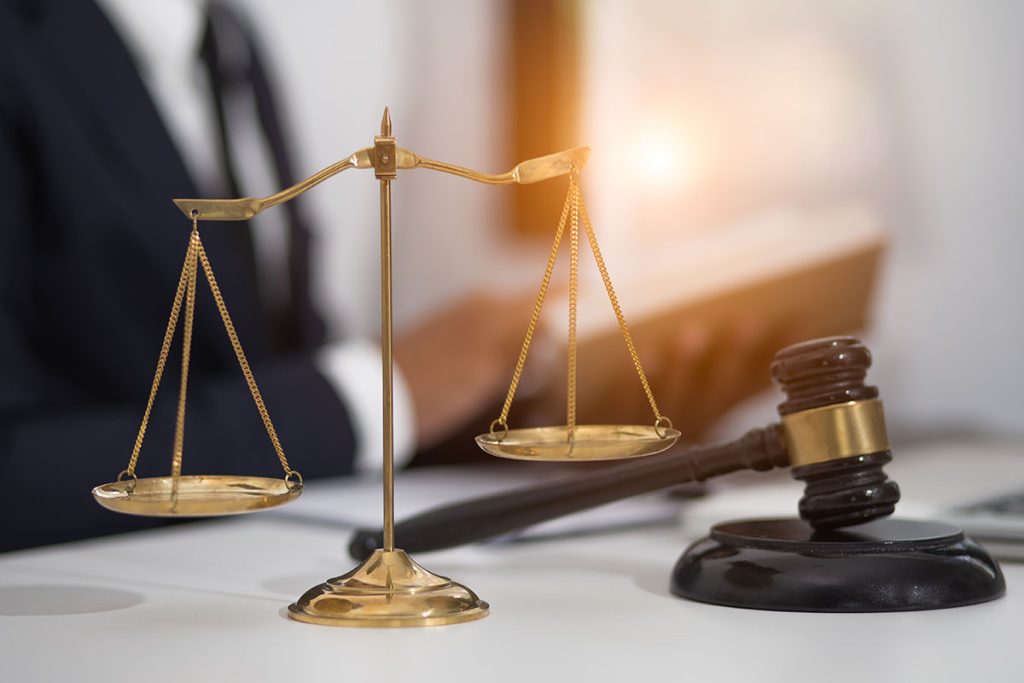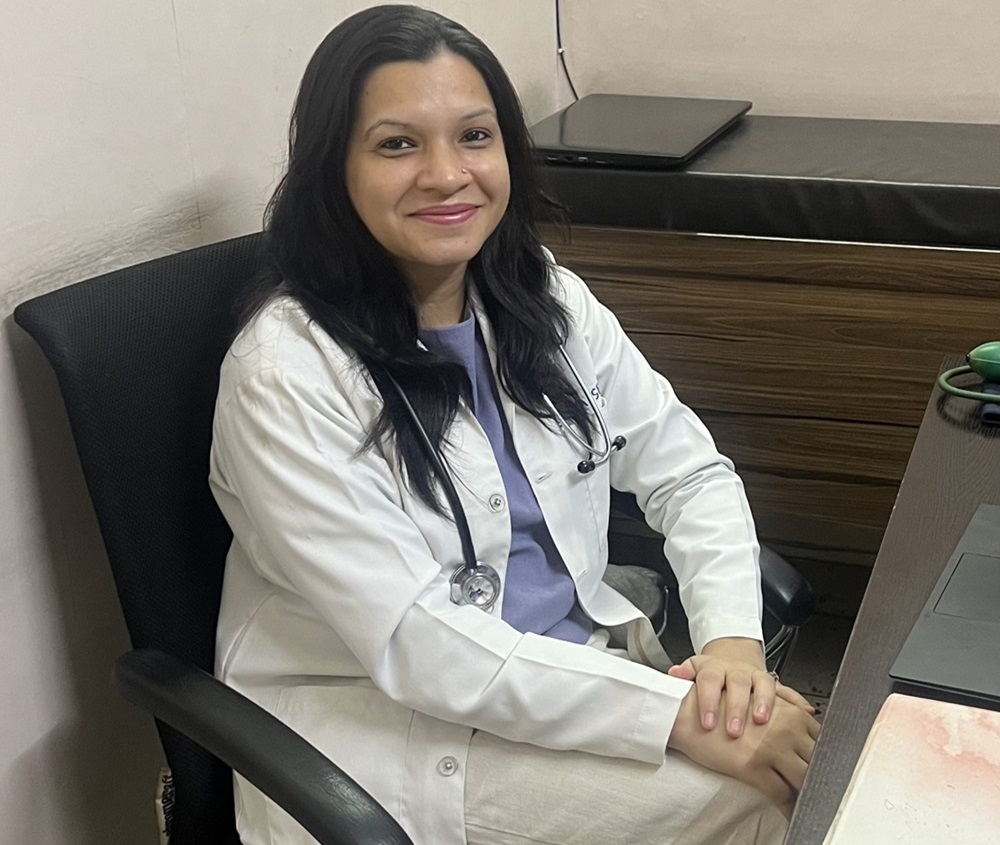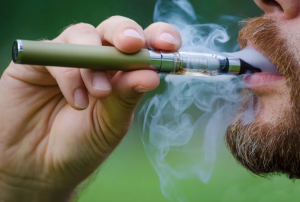Understanding Nursing Home Abuse

Judge gavel with Justice lawyers having team Concepts of Law and Legal services
Nursing home abuse is a serious issue that affects many elderly individuals. It is crucial to understand the different types of abuse, recognize the signs and symptoms, and be aware of the legal implications involved.
Qualities to Look for in a Nursing Home Abuse Lawyer
When selecting a nursing home abuse lawyer, it’s crucial to consider several key qualities to ensure you have the best representation possible. These qualities can significantly impact the outcome of your case and your overall experience during the legal process.
Steps to Take When You Suspect Abuse
Documenting Evidence
When suspecting nursing home abuse, the first step is to document any evidence. This includes taking photographs of injuries, keeping records of medical reports, and noting any unusual behavior or statements from the victim. Detailed documentation can be crucial for building a strong case.
Reporting to Authorities
It’s essential to report any suspected abuse to the appropriate authorities. This can include local law enforcement, adult protective services, or state regulatory agencies. Prompt reporting can help protect the victim and potentially prevent further abuse.
Consulting a Lawyer
After documenting evidence and reporting to authorities, the next step is to consult a lawyer who specializes in nursing home abuse cases. Firms like Morgan & Morgan Lawyers, known as America’s largest personal injury law firm, have extensive experience in handling such cases. A specialized lawyer can provide valuable guidance and help navigate the legal process effectively.
Questions to Ask a Potential Lawyer
When selecting a [nursing home abuse lawyer], it’s crucial to ask the right questions to ensure they are the best fit for your case. Here are some essential questions to consider:
Case Experience
- How many [nursing home abuse] cases have you handled?
- What types of abuse cases do you specialize in?
- Can you provide examples of past cases and their outcomes?
Fee Structure
- What is your fee structure?
- Do you work on a contingency fee basis?
- Are there any upfront costs or hidden fees?
- How do you handle expenses related to the case?
Success Rate
- What is your success rate in [nursing home abuse] cases?
- How often do your cases go to trial versus settling out of court?
- Can you provide references from past clients?
By asking these questions, you can better gauge the lawyer’s qualifications and determine if they are the right fit for your needs. Choosing the right lawyer can make a significant difference in the outcome of your case.
The Legal Process for Nursing Home Abuse Cases
Navigating the legal process for nursing home abuse cases can be complex and requires a thorough understanding of the steps involved. Each phase is crucial to building a strong case and ensuring justice for the victims.
Filing a Complaint
The first step in the legal process is filing a complaint. This involves submitting a formal document to the court that outlines the allegations of abuse. It is essential to include detailed information and any evidence that supports the claims. The law.com homepage offers tools for legal professionals to search for lawyers, firms, trends, and benchmarks.
Discovery Phase
During the discovery phase, both parties exchange information and gather evidence. This phase may include depositions, interrogatories, and requests for documents. The goal is to uncover all relevant facts and build a solid case. Legal professionals often rely on various resources to aid in this process.
Settlement or Trial
After the discovery phase, the case may proceed to a settlement or trial. In many instances, parties may reach a settlement agreement to avoid the uncertainties of a trial. If a settlement is not reached, the case will go to trial, where a judge or jury will determine the outcome. It is crucial to have a skilled lawyer to navigate this phase effectively.
Resources for Victims and Families
Support Groups
Support groups can provide emotional and psychological assistance to victims and their families. These groups offer a safe space to share experiences, gain insights, and receive encouragement from others who have faced similar situations. Some well-known support groups include:
- The National Center on Elder Abuse (NCEA)
- Elder Abuse Support Group
- Local community centers and online forums
Legal Aid Organizations
Legal aid organizations can offer free or low-cost legal assistance to victims of nursing home abuse. These organizations help navigate the complexities of the legal system and ensure that victims’ rights are protected. Notable legal aid organizations include:
- Legal Services Corporation (LSC)
- National Disability Rights Network (NDRN)
- State-specific legal aid services
Counseling Services
Counseling services are essential for addressing the emotional and psychological impact of nursing home abuse. Professional counselors can help victims and their families cope with trauma, anxiety, and depression. Resources for finding counseling services include:
- The American Psychological Association (APA)
- National Association of Social Workers (NASW)
- Local mental health clinics and private therapists






